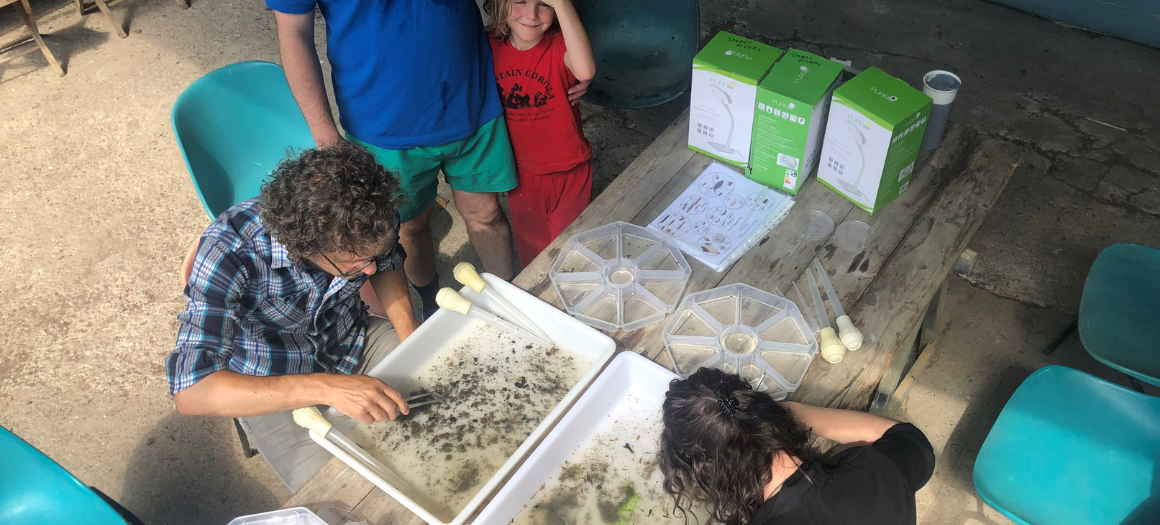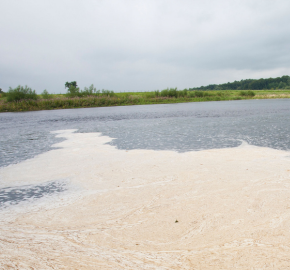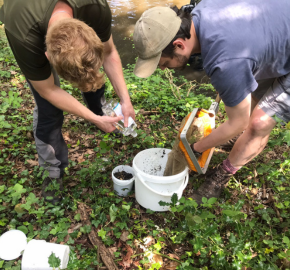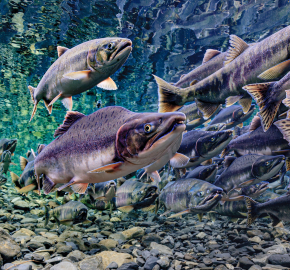2022 SmartRivers data highlights excess sediment and chemical pollution as key stressors for over 50 rivers

Today, WildFish has published the key findings from its SmartRivers data collected in 2022 (viewable here). SmartRivers is a volunteer-led project that uses freshwater invertebrates to make inferences about water quality. This report is a breakdown of the data gathered by volunteers looking at national water quality and biodiversity trends across 55 rivers.
Sampling took place in the spring and autumn across 153 and 149 river sites respectively. Volunteers found 268 invertebrate species during this sampling and counted over 340,000 invertebrate specimens!
The data found that the greatest stress on rivers sampled was from excess sediment and chemical pollution.
Data collected during spring sampling showed that 88% of English sites were impacted by excess fine sediment which can choke wildlife, change habitats and exacerbate toxic compounds which become bound to it.
Autumn sampling revealed that over 50% of English sites sampled were showing concerning stress from chemical pollution. Chemicals mix together in natural environments such as water and can become more toxic to wildlife than each chemical singularly.
Invertebrate analysis at such a high level is an incredible achievement for our volunteers and a huge win for the environment.
Lauren Harley
SmartRivers Project Manager
Lauren continued: “SmartRivers monitoring is designed to profile species diversity and highlight the chronic pollution pressures plaguing our rivers – not just gross pollution events. Each year the project is getting bigger and better and we will continue to make as much of a dent as we can in the failing national monitoring landscape, using the outputs as evidence to challenge when needed”.
Read the 2022 Report Report Appendix
Earlier in the year we reported on SmartRivers progress. Read this to learn more about the rationale for SmartRivers, how it works and how we fit in the citizen science landscape. The report is linked here.
SmartRivers data is free and open access. To view the database, please contact us at smartrivers@wildfish.org



